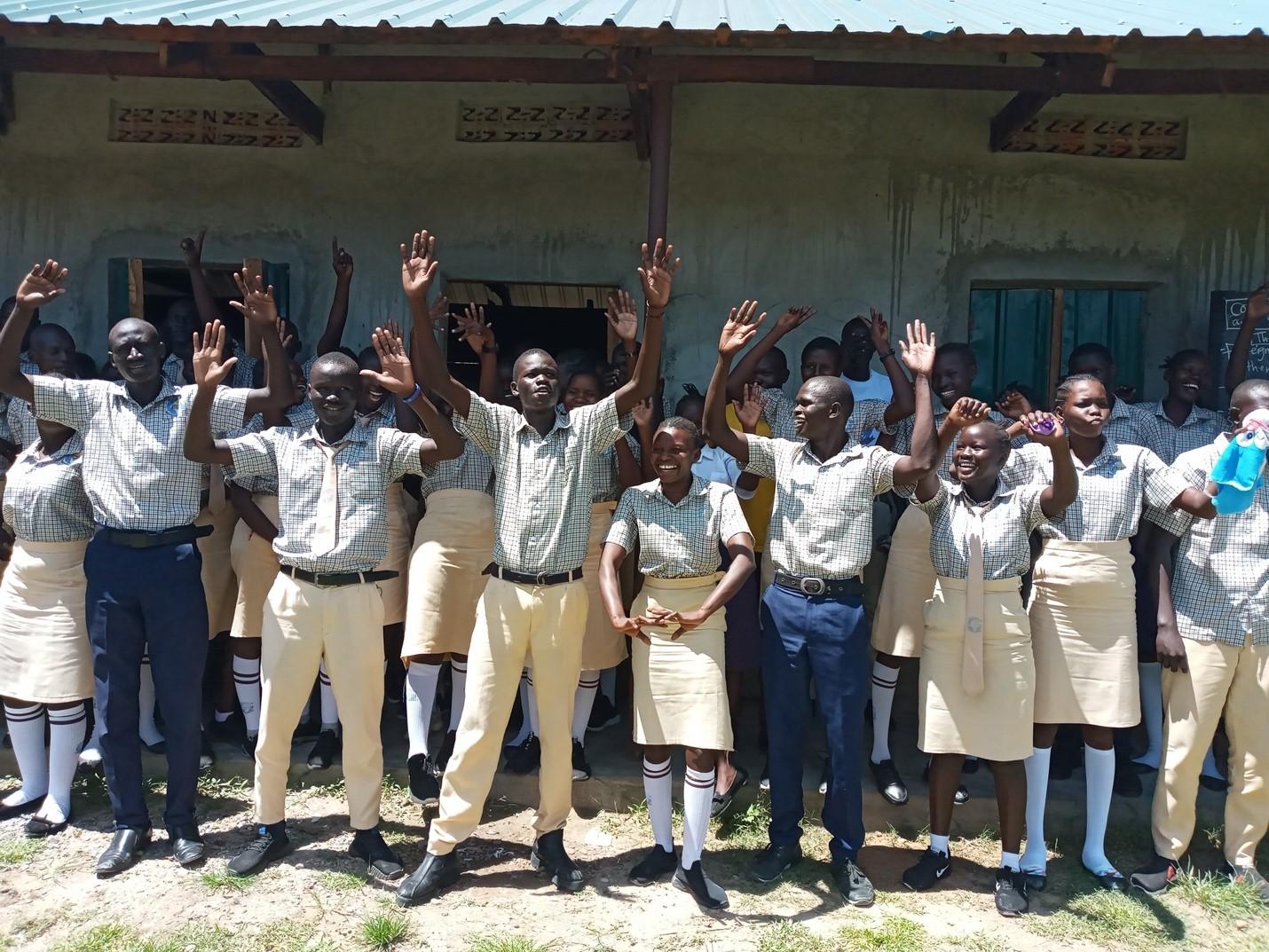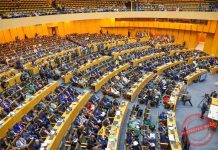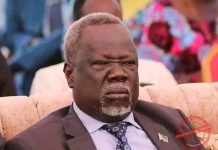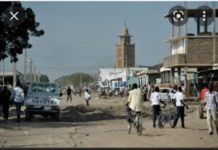Kitab Unango
Africa-Press – South-Sudan. The students of Juba Commercial Secondary School have called on the government to prioritise education in its developmental projects.
They said increasing teachers’ salaries, and providing a conducive working environment for them would ensure the delivery of quality education that prepares learners for effective leadership roles.
Speaking on behalf of students during an advocacy campaign on the role of the youth, government, and civil society in preventing criminality among the youth, Joy Manase said without a quality education system, the county’s future remains doomed.
“We are calling on the government to pay our teachers well and on time,” said Manase.
“Because of poor working conditions, we sometimes get only one lesson a day, and what do you expect students to do in the remaining hours?”
Manase pointed out that poor education in the country has resulted in an increase in rates of crime among the youth, with gangs such as “niggers” terrorising society within residential areas.
“The question is what causes these groups? “If there are no schools that offer quality education, train students to be future leaders, or provide vocational schools to empower the young, the country is at risk because there will be high rates of criminal activity,” she said.
“We are calling on the government to ensure that education is the backbone of any country, teachers should be considered the first priority in the budget so that they can deliver quality education to students who are the present and future leaders of South Sudan,” Manase said.
The chairperson of the Conflict Resolution and Reconciliation Commission in Central Equatoria State, Henry Kala Sabuni, said education remains one of the government’s top priorities.
Kala went on to say that the country’s crime problem arose as a result of the December 2013 civil war, which destroyed social systems and gave unauthorised individuals access to weapons.
“All these challenges depend on peace to allow for the delivery of social services such as education, health, and roads,” Kala said.
For More News And Analysis About South-Sudan Follow Africa-Press






